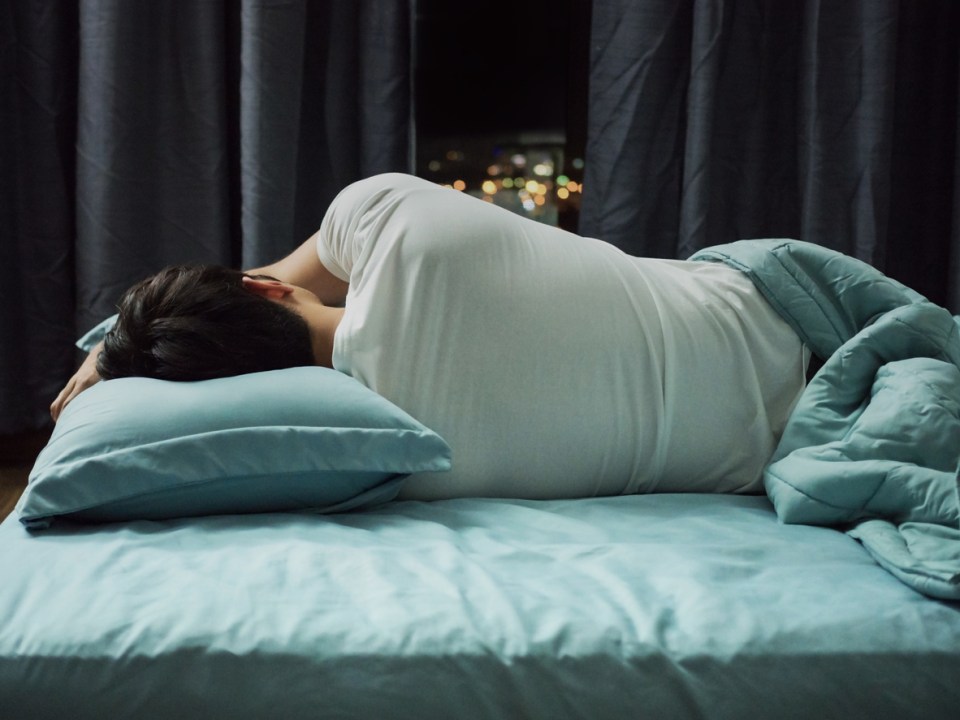Sleep—it’s the one thing we all wish we had more of but don’t have enough time to get.
The National Sleep Foundation recommends that adults get between seven to nine hours of sleep each night. The OSHA Healthcare Advisor reports that of 180,000 workers surveyed about their sleeping habits, healthcare ranked among the top occupational groups that slept too little.
The Advisor further conveyed that approximately 40 percent of healthcare workers reported in the survey sleeping less than seven hours a night. The benefits of a good night’s sleep are numerous—as are the disadvantages of a poor night’s sleep.
Here are just a few areas affected by our sleep habits.
Memory
With a good night’s sleep, our memory strengthens or “practices” skills learned earlier that day. But limited sleep can impair our ability to focus and learn.
Inflammation
A poor night’s sleep can lead to higher levels of inflammatory proteins in our immune system. Chronic inflammation is linked to the development of heart disease, stroke, diabetes and cancer.
Stress
Catching our necessary Zs lowers stress levels, and, in turn, missing out on a good night’s sleep can make us more stressed about the day or week to come
Fatigue
It goes without saying that missing sleep makes us sleepier. Heavy fatigue can lead to chronic tiredness, headaches, dizziness, impaired decision-making and judgement, poor concentration, reduced ability to focus and pay attention to the situation at hand. The Joint Commission reports that healthcare workers are at a higher risk of needlesticks and sharps injuries when fatigued.
Weight
A good night’s sleep helps our bodies maintain a healthy metabolism. When we don’t get enough sleep, our sugar levels are not managed appropriately, which increases our appetite, leading to weight gain.
Work-life
Effects of the lack of sleep include, but are not limited to, productivity and quality of work; difficulty with concentration, learning and communicating; decision-making; and mood swings or being less tolerant of co-workers’ differing opinions.
The importance of good sleep practices
The National Sleep Foundation also recommends that we establish good sleep patterns or a good sleep hygiene. Trying any of these tips could put you on the right track to feeling better rested.
- Stick with the same bedtime and wake up time.
- Establish a routine for getting ready for bed.
- Exercise daily.
- Avoid naps, especially in the late afternoon.
- Sleep with a cooler temperature in your home.
- Evaluate your mattress and pillow(s) for comfort and support.
The Joint Commission’s “Improving Patient and Worker Safety, Opportunities for Synergy, Collaboration and Innovation,” discusses the importance of recognizing the signs of fatigue and some things healthcare and others can do while at work to help address it, including:
- Taking routine rest breaks and lunch breaks—uninterrupted
- Recognize the signs of fatigue and ask for assistance when necessary
- Work the same shift to minimize the risk of circadian rhythms from getting out of balance
- Report “near-miss” incidents
Recognize the obligation to patient safety and personal health by declining assignments if impaired by fatigue.
The content of this site is for informational purposes only and should not be taken as professional medical advice. Always seek the advice of your physician or other qualified healthcare provider with any questions you may have regarding any medical conditions or treatments.




